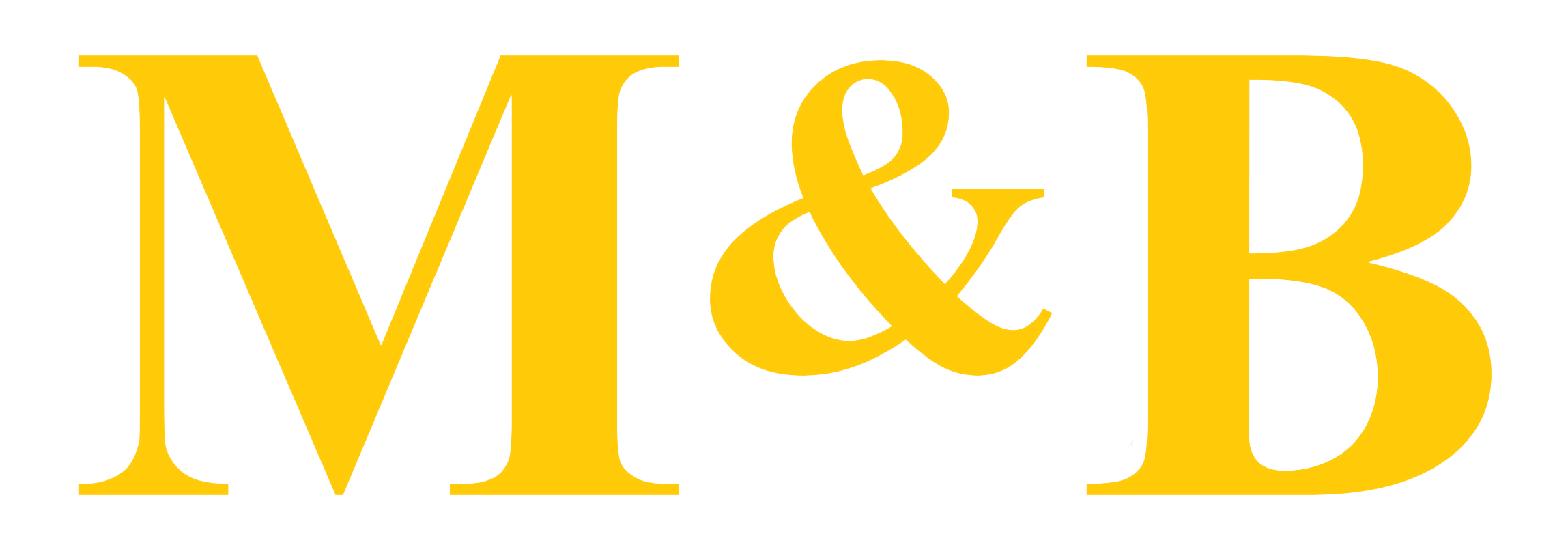A speciality of Côte d’Ivoire, attiéké, made from fermented cassava flour, was officially included on UNESCO’s list of Intangible Cultural Heritage in early December 2024.
Attiéké, pronounced ‘atchéké’, is a type of couscous made from ground cassava roots. It is so popular that many people eat it for breakfast, lunch and dinner. Nicknamed the ‘Ivorian couscous’, it is typically served with grilled fish. Originating in the coastal regions of Côte d’Ivoire centuries ago, it is now popular throughout West Africa.
At the 19th session on safeguarding intangible cultural heritage in Paraguay, the Ivorian delegate to UNESCO, Ramata Ly-Bakayoko, declared that attiéké was ‘deeply rooted in the daily life of its communities’.
Attiéké: cooking method
The cassava root is peeled, grated and mixed with previously fermented cassava. The pulp is then pressed to remove the starch, processed by hand, dried and finally steamed.
It is then taken to local markets, where it is usually sold in plastic bags containing a ball of attiéké. But at the heart of attiéké is a cultural connection passed down from generation to generation.
Recipes, processes and methods are passed down from mother to daughter, and this dish ‘is a pillar of their identity as well as that of the whole of Côte d’Ivoire’, said Ms Ly-Bakayoko.
The UNESCO list highlights endangered intangible cultural heritage, underlining the need to protect and preserve traditional practices. The inclusion of attiéké highlights its importance for humanity as a whole, according to UNESCO.
Controversy over property rights
This delicious, tangy speciality has also sparked controversy on the continent. In 2019, an outcry erupted in Côte d’Ivoire when Florence Bassono, founder of Faso Attiéké in neighbouring Burkina Faso, won a prize at the Abidjan International Agricultural Show. Many Ivorians were outraged that a foreigner should win a prize with their national dish.
Earlier this year, the Organisation Régionale Africaine de la Propriété Intellectuelle registered a collective trademark to prevent a foreigner from winning a prize with their national dish.





